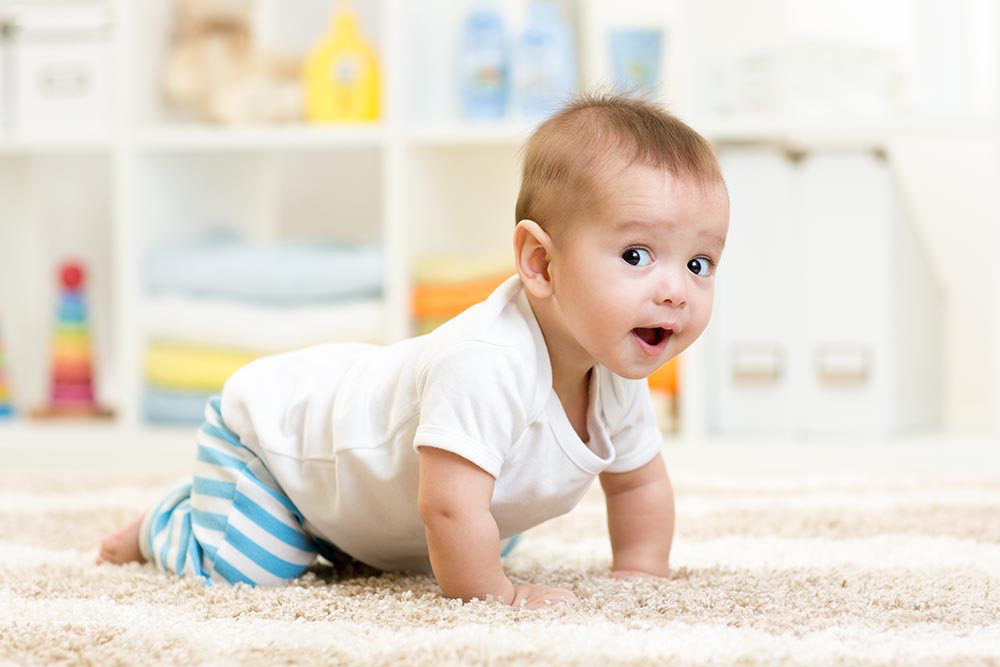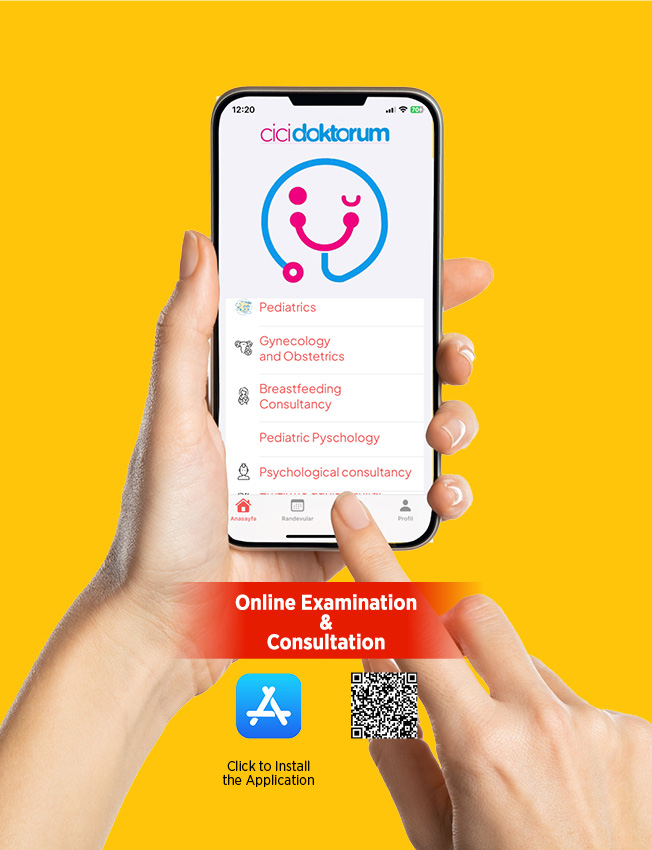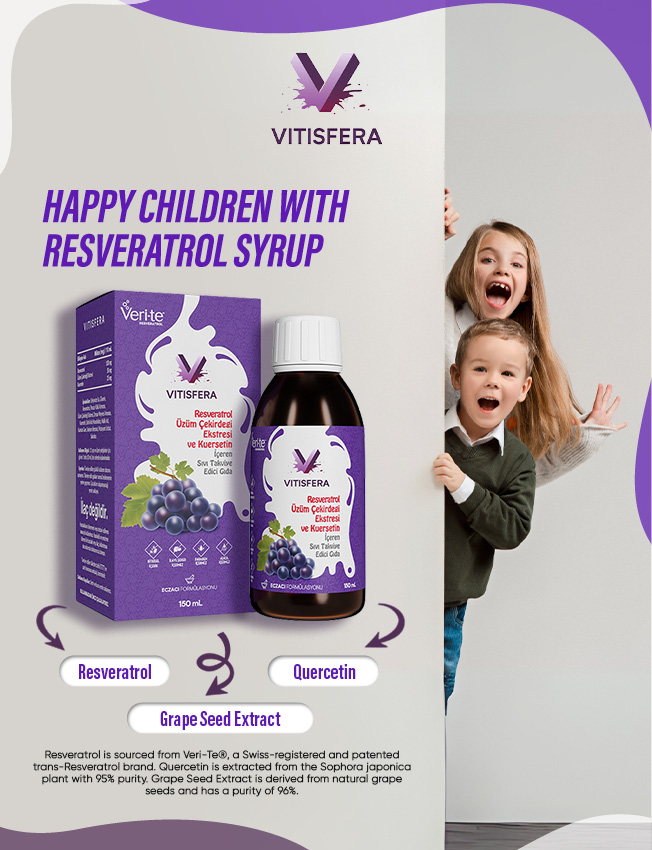9 Ways to Understand Your Baby’s Personality

Every baby wants to suckle, wants to sleep. They all cry. They all want to be held. And they try to communicate these needs in their own way. You can understand how your baby reacts when they’re hungry, when their diaper is dirty, or when they’re bored, based on your observations. However, when you come across another baby, you may notice how babies can respond to the same situation in very different ways.
For example, while one baby may entertain themselves by looking around when laid down in their crib, your baby might cry. Both behaviors are normal, but the different responses to the same stimulus or need are related to the baby’s character.
Do Newborn Babies Have Different Personalities?
Parents often say that their child’s personality hasn’t changed since birth. Understanding a baby’s dominant character traits is not easy in the first few weeks. This is because, especially in the first three months, the adjustment period contains different elements for each baby. If your baby is premature, it can be even more difficult to understand their character traits, and it may take longer.
Observe Your Baby’s Normal Behaviors
You can discover clues about your baby’s unique characteristics through careful observation. By doing so, you can better interpret and meet your baby’s needs, while also uncovering their abilities and personality. By the time your baby is around 4 months old, many of their characteristic traits will have become more apparent.
If you create an environment that fosters harmony between your child’s personality and their surroundings, your baby will develop much more healthily. You will also lay the foundation for a dynamic relationship with mutual understanding.
What Behaviors Should I Pay Attention to in Order to Understand My Baby’s Personality?
Child development experts and psychiatrists have defined several behavioral categories to help parents better understand their children and respond effectively to their individual needs. These categories include:
1. Activity Level
2. Regularity (Stability)
3. Initial Reaction
4. Adaptability
5. Sensory Sensitivity
6. Intensity of Reaction (Energy Level)
7. Mood
8. Attention Span
9. Persistence (Perseverance)
1. Evaluate Your Baby’s Activity Level
Activity level refers to your baby’s general physical activity throughout the day. To assess your baby’s activity level, consider the following:
– During daily routines like feeding, diaper changing, or bathing, does your baby lie still, quietly observing their surroundings, or do they squirm and roll around restlessly?
– When your baby is sleeping, do they remain calm in their crib, or do they constantly shift from side to side?
– When you approach your baby, do they excitedly wave their arms and legs, or do they calmly wait for you to pick them up?
By observing these behaviors, you can assess whether your baby’s activity level is low, variable, or high.
2. Evaluate Your Baby’s Regularity/Stability
Regularity refers to whether your baby’s biological rhythms, like hunger and tiredness, are predictable. To evaluate your baby’s regularity, consider the following:
– Can you predict when your baby will nap based on their daytime sleep routine?
– Can you anticipate when your baby will need a diaper change or when they will have a bowel movement?
– Is your baby’s feeding schedule fairly consistent?
If the answer is “yes,” then your baby is likely stable and regular. However, some babies may behave unpredictably, which is also normal. Based on these observations, you can assess whether your baby is regular, variable, or irregular.
3. Evaluate Your Baby’s First Reaction
How does your baby react the first time they encounter something new? To assess their first reaction, consider the following:
– Does your baby smile and show interest when they see a new person?
– Does your baby immediately want to try a new food?
– Or does your baby prefer to observe from a distance before reacting?
By observing these behaviors, you can assess whether your baby is cautious, variable, or very curious. Remember, babies may show different reactions depending on the situation—sometimes they may be curious, other times more cautious.
4. Evaluate Your Baby’s Adaptability
Babies can sometimes become upset and have difficulty adapting to changes, even small ones. For example, changing their feeding position or moving them from their crib can be distressing. To evaluate your baby’s adaptability:
– How does your baby react when moved from their home or crib?
– How do they react when transitioning from pajamas to regular clothes, or when a new caregiver arrives?
– Do they have difficulty adjusting to a new environment or routine?
Based on these observations, you can assess whether your baby is easy to adapt, variable, or slow to adjust.
5. Evaluate Your Baby’s Sensitivity to External Stimuli
Babies are sensitive to their surroundings and respond quickly to changes in light, sound, taste, or touch. To assess your baby’s sensitivity:
– Does your baby become fussy as soon as their diaper is wet, or do they seem unfazed by the mess?
– How selective is your baby when it comes to food? Do they show clear preferences for breast milk, formula, or certain brands of formula?
– Do they notice changes in your appearance, like when you wear glasses or cut your hair?
Based on these observations, you can assess whether your baby’s sensitivity to external stimuli is low, variable, or high.
6. Evaluate Your Baby’s Energy Level
Energy level refers to how intensely your baby responds to positive or negative stimuli. To evaluate your baby’s energy level:
– Some babies react strongly to everything: they cry, laugh, shout, and make lots of physical movements.
– Others may respond more calmly with smiles, murmurs, or turning their head away.
Based on these reactions, you can assess whether your baby’s energy level is low, variable, or high.
7. Evaluate Your Baby’s Mood
Like adults, babies’ moods can change throughout the day. Observe your baby’s overall mood:
– Does your baby seem happy and playful most of the time?
– Or does your baby need extra effort to smile and engage, appearing more serious?
Based on these observations, you can assess whether your baby’s mood is cheerful, variable, or serious.
8. Evaluate Your Baby’s Attention Span
Some babies can focus on an activity for extended periods, while others are easily distracted. To evaluate your baby’s attention span:
– Does your baby stay focused on one activity, like feeding or playing, for a while?
– Or do they shift their attention frequently, looking around at other stimuli or toys?
Based on these observations, you can assess whether your baby has a focused, variable, or easily distracted attention span.
9. Evaluate Your Baby’s Persistence (Perseverance)
Some babies show determination and keep trying until they succeed, while others may give up easily when faced with obstacles. To evaluate your baby’s persistence:
– Does your baby keep trying to put a toy into a hole or build with blocks, even after multiple failures?
– When faced with a limit, like when you put boundaries around them, does your baby try to push the limits, or do they look for another way around it?
Based on these observations, you can assess whether your baby is persistent, variable, or gives up easily.
By considering all of these 9 characteristics, you can begin to assess whether your baby is active, curious, determined, emotional, adaptable, or easily distracted, among other traits. In the next issue, I will explain in detail what you can do based on your baby’s personality.
Wishing you all childlike days…









